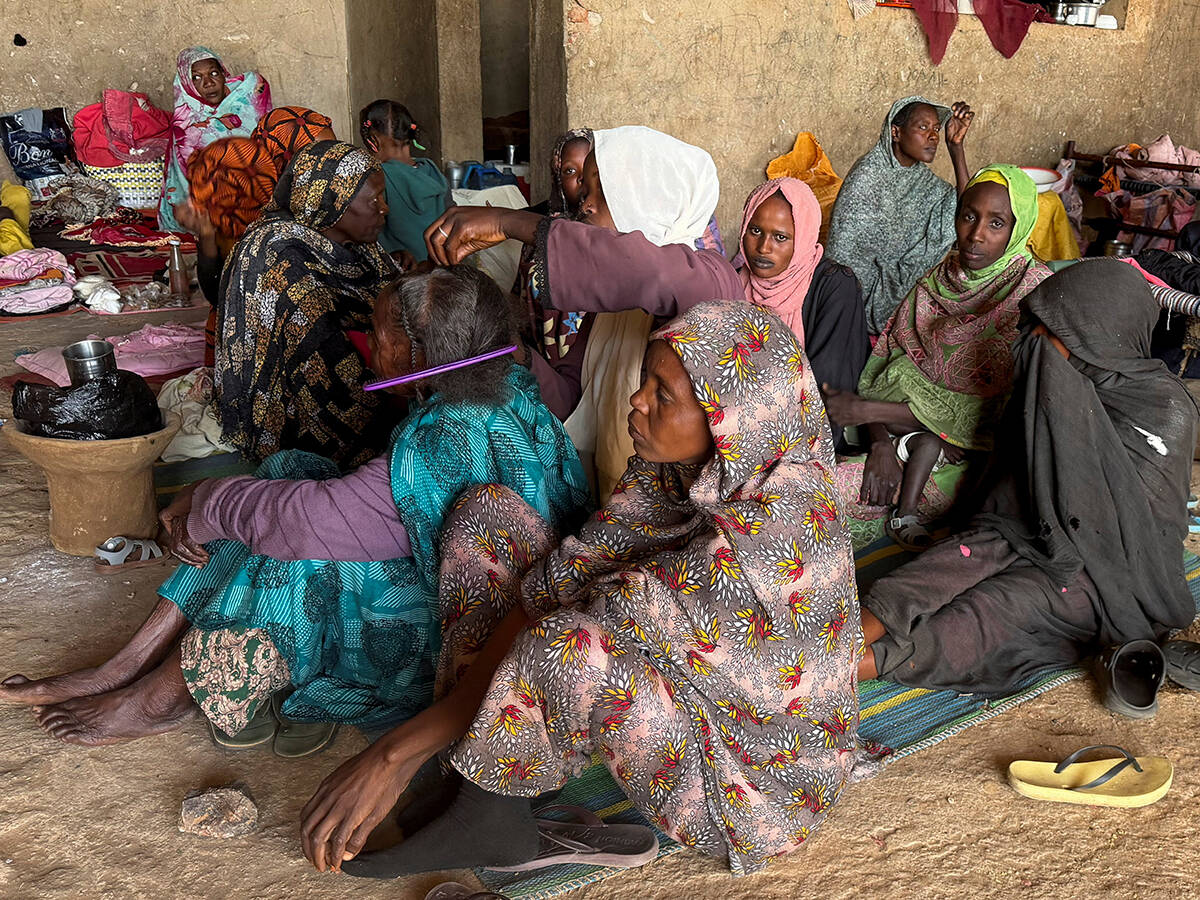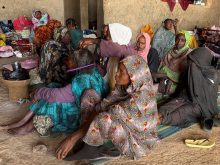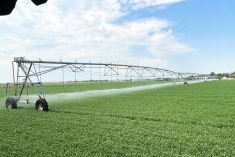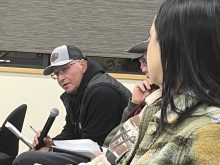Last month’s “Feeding a Hungry World — Youth Ag Summit” conference in Calgary saw an outstanding display of youthful exuberance, enthusiasm and commitment to agriculture on a global scale.
The seminar was held to celebrate the 100th anniversary of 4-H in Canada and the 150th anniversary of Bayer, which sponsored the event.
“What better way for both organizations to build a living legacy by finding ways to relieve hunger in the world,” said Derrick Rozdeba, manager, marketing communications for Bayer CropScience Canada.
The weeklong summit was four years in the planning and attracted 118 youth delegates between the ages of 18-24, along with mentors and company reps. Delegates had to submit an essay contest in order to participate in the summit, which included seminars, workshops, tours and presentations by prominent agriculture and food industry speakers.
Read Also

‘Millions will die’: Foodgrains Bank faces $2.7B federal funding threat
Foodgrains Bank warns $2.7B aid cut triggers a humanitarian crisis, risking global hunger relief and 40 per cent of its funding.
The challenge to delegates was to develop ideas that might in some way alleviate world hunger. However, the young delegates were up to the task and in one daylong session came up with eight concepts that might not solve the problem completely, but would make life a lot better for at-risk groups.
One involved direct action in helping hungry women in Third World countries. The health of those women in turn affects the health of their children.
“Women are the world’s primary food producers responsible for producing 60 to 80 per cent of all food in developing countries and almost half of the food we consume worldwide,” said Rozdeba. “What the delegates have acknowledged is that by empowering these women and enabling them to produce more food we can increase the food supply for all men, women and children on the planet.”
Other concepts were more indirect, involving advocacy and networking to set up ways and means to take direct action either through existing agencies or motivating governments.
Future networking
Another benefit of the conference was to establish future networks to keep the conversation alive through social media, websites and blogs. As these young people grow into careers in the ag industry, academia and government bureaucracies, social media networking will be a constant way to track the progress of some of the original concepts.
A general consensus was that similar summits should be held on a regular basis to keep the momentum alive.
“We have created huge expectations with this conference. There are going to be disappointed people if we don’t act on the initiatives,” said Kamel Beliazi, CEO of Bayer CropScience Canada.
He suggested keeping the momentum through some sort of governing board of like-minded groups. “I see a governance body made up of 4-H, industry allies, organizations, sponsors to pursue the ideas and ways to act,” he said.
“We want the initiative to continue. I see companies like Cargill and Richardson supporting this type of novel cause, others will join in as the momentum grows,” Beliazi said.
Subsequent to the conference delegates elected an executive board made up of delegates and mentors from around the world. To assist in the initial activities of the board, Bayer CropScience Canada and 4-H Canada announced that each organization will donate $20,000 to the new board.














